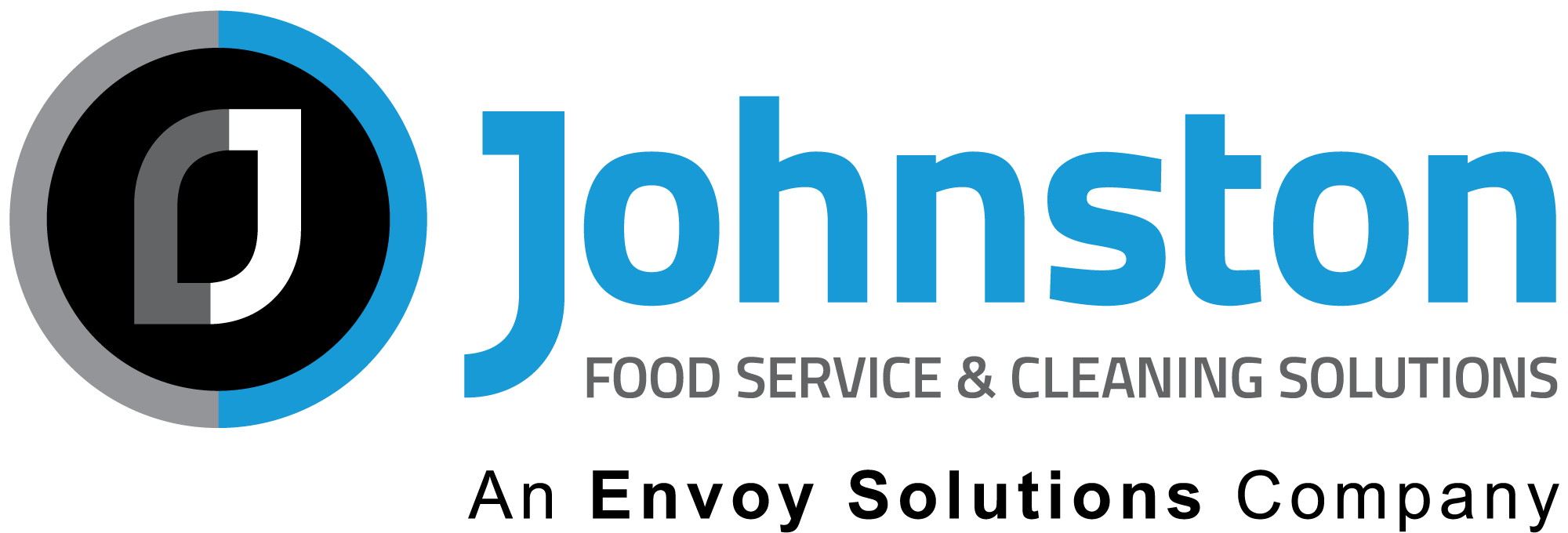Food Contamination
It’s Time to Make Sanitation Priority One
Illness From Food Contamination
Illness caused by food contamination can be a devastating public event causing millions of dollars in losses and in some cases death to consumers. Recently, an outbreak of Listeria was linked to bagged salad processed by Dole Fresh Vegetables, Inc. According to the U.S. Centers for Disease Control and Prevention (CDC), the outbreak caused 19 consumers to be hospitalized, with one consumer dying from the ensuing infection. Cleaning up the mess cost Dole over $25 million dollars.
Dole has publicly stated that, “We have also implemented a sanitation program which leverages the most recent advancements in cleaning chemistry.”
Dole is not the first. Restaurants are another source of contamination. According to U.S. Census data, Americans now spend more at bars and restaurants than on groceries. And while most restaurants are aimed at providing a clean environment, illness outbreaks from contaminated food are not uncommon. The CDC says that about 48 million people take ill each year from foodborne pathogens, and 60% of those come from food served in a restaurant.
Make Sanitation a Priority, Not an Option
All food service companies, up and down the supply chain, have an obligation to handle all products in a clean and sanitary environment, one that inhibits bacterial growth. Unfortunately, in today’s fast-paced world, production speed and efficiency can often take precedent over sanitation.
In all food handling environments, cleaning and sanitation can no longer be viewed as secondary to food preparation and completing orders. Making real sanitation and cleaning something that happens on off hours or on weekends, when there may be less supervision and less control over the quality of the work, is a recipe for disaster.
Instead, businesses should focus on a consistent policy. The USDA’s Food Safety and Inspection Service (FSIS) outlines the basics for handling food safely. These include:
- Clean — All employees should wash their hands and sanitize their work surfaces often. The FSIS recommends frequent sanitization of cutting boards, utensils, and countertops.
- Separate — Foods, especially meats should be kept separate from each to avoid cross-contamination.
- Cook — All food, especially meats, should be cooked to the right temperature to ensure bacteria are killed.
- Chill — Food that requires refrigeration should never be left out. Refrigerate promptly.
Cleanliness is a major factor in preventing foodborne contamination outbreaks. Even with food safety inspection and monitoring at federal, state, and local government facilities, the entire food supply chain is responsible for making sure that food is handled safely as it makes its way from farm to table.
About Johnston
Johnston has always stood for reliability, commitment, quality, and service. Our heritage means years of accumulated industry knowledge, the ability to see the bigger picture, and the know-how to determine the best possible approach. Combining this mastery with the drive to deliver exceptional results, Johnston goes beyond sales, developing strategic, end-to-end tailored solutions for each customer since 1881.



